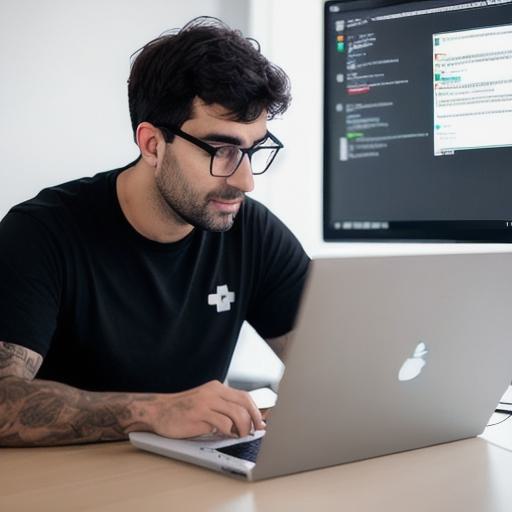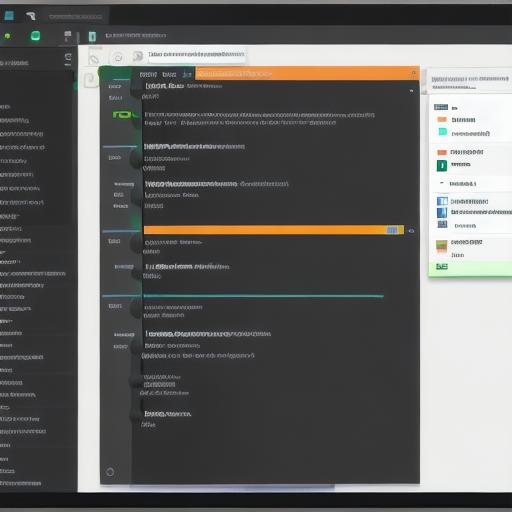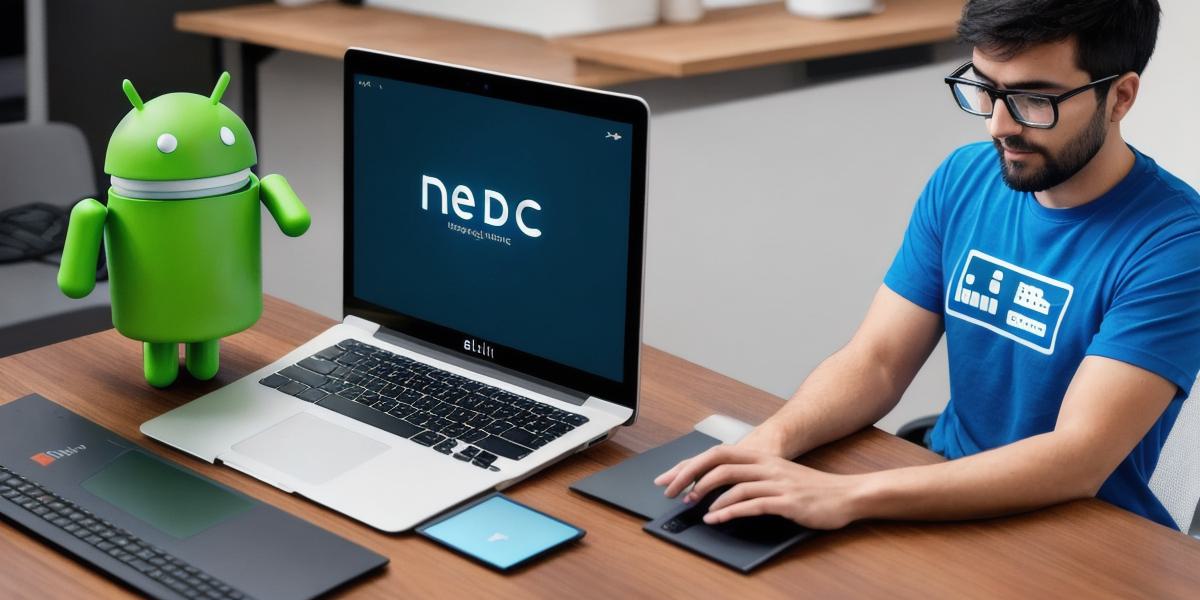Retrieving data from a local database is essential for building robust and offline-capable Android applications. In this guide, we will explore how to retrieve data from a Room database using Kotlin.
1. Setting up the Room Database
First, let’s ensure you have set up your Room database correctly.
If not, follow these steps:
a) Define an Entity class that describes your data.
For example:
@Entity(tableName "user_table")
data class User(
@PrimaryKey val id: Int,
<h2> val name: String,</h2>
<h2> val age: Int</h2>
)b) Create a DAO (Data Access Object) interface that defines methods to access your data.
For example:
<h2>@Dao</h2>
interface UserDao {
@Query("SELECT * FROM user_table ORDER BY id ASC")
<h2> fun getAllUsers(): LiveData<List<User>></h2>
}c) Create a Room Database class that includes your DAO and Entity.
For example:
<h2>@Database(entities [User::class], version 1, exportSchema false)</h2>
abstract class AppDatabase : RoomDatabase() {
<h2> abstract fun userDao(): UserDao</h2>
}2. Initializing the Database
To access the database, initialize it in your ViewModel or Activity/Fragment:
class MainViewModel(application: Application) : <h2>ViewModel() {</h2>
<h2> private val db: AppDatabase Room.databaseBuilder(</h2>
application,
<h2> AppDatabase::class.java, "db-name"</h2>
).build()
val allUsers: LiveData<List<User>> db.userDao().getAllUsers()
}3. Retrieving Data from the Database
Now that you’ve set up your database, let’s retrieve some data!
a) Accessing the LiveData in a ViewModel or Activity/Fragment:
class MainViewModel(application: Application) : <h2>ViewModel() {</h2>
// ...
<h2> fun getAllUsers(): LiveData<List<User>></h2> allUsers
}
// <h2>In an Activity or Fragment</h2>
private lateinit var viewModel: MainViewModel
override fun onCreate(savedInstanceState: Bundle?) {
super.onCreate(savedInstanceState)
<h2> viewModel ViewModelProvider(this).get(MainViewModel::class.java)</h2>
observe(viewModel.allUsers, Observer { users ->
// <h2>Update UI with new data</h2>
})
}b) Retrieving a single user by id:
fun getUserById(id: Int): User {
return db.userDao().getUserById(id)
}
c)
Updating data in the database:
 fun updateUser(user: User) {
GlobalScope.launch(Dispatchers.IO) {
withContext(Dispatchers.IO) {
db.transaction {
val updatedUser it.userDao().getUserById(user.id)
updatedUser?.let {
it.name user.name
it.age user.age
it
<h3> } ?: run {</h3>
db.userDao().insert(user)
user
}
}
}
}
}
fun updateUser(user: User) {
GlobalScope.launch(Dispatchers.IO) {
withContext(Dispatchers.IO) {
db.transaction {
val updatedUser it.userDao().getUserById(user.id)
updatedUser?.let {
it.name user.name
it.age user.age
it
<h3> } ?: run {</h3>
db.userDao().insert(user)
user
}
}
}
}
}Summary
Retrieving data from a Room database in Android using Kotlin is straightforward. By following the steps above, you’ll be able to read and write data effectively. Remember, the key is setting up your database correctly and initializing it properly before accessing its methods.
